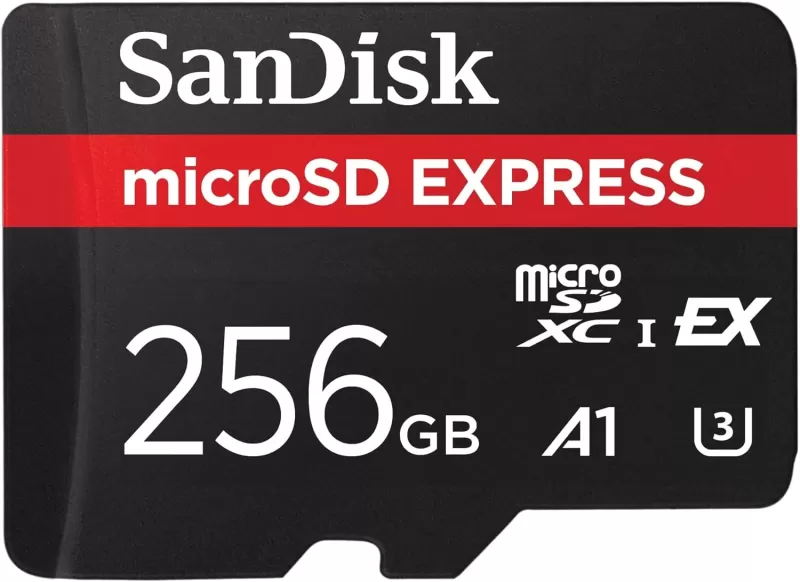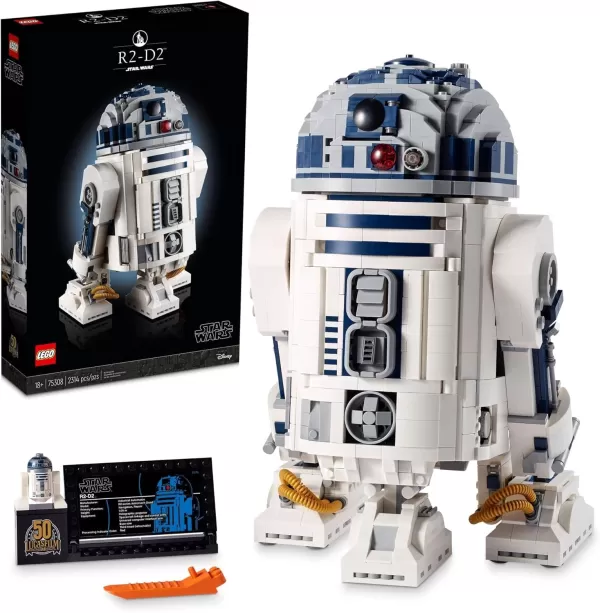Nintendo recently provided an in-depth look at the highly anticipated Switch 2 during a comprehensive 60-minute Nintendo Direct. This presentation unveiled critical details such as the console's price of $449.99, its release date set for June 5, 2025, and an exciting lineup of new games. A significant announcement was the Switch 2's exclusive compatibility with microSD Express Cards, marking a departure from traditional storage solutions.
This shift means that owners of the original Switch won't be able to transfer their existing storage cards to the new console. Instead, to expand storage on the Switch 2, you'll need to invest in microSD Express cards. Currently, SanDisk offers compatible options on Amazon, including a 128GB card priced at $44.99 and a 256GB version at $59.99.

The Switch 2 boasts an internal storage capacity of 256GB, a substantial upgrade from the original Switch's 32GB. This increase might mean you won't need to expand storage immediately. However, with the potential for larger game sizes on the Switch 2, such as the anticipated larger file sizes for games like the Switch 2 version of Tears of the Kingdom and Mario Kart World, additional storage could become necessary.
While specific file sizes for Switch 2 games remain undisclosed, it's expected that these games will require significantly more storage space than their predecessors. The decision to use only microSD Express cards, unlike the original Switch which supported standard microSD, microSDHC, and microSDXC cards, is driven by the need for faster storage solutions.
Why MicroSD Express for Switch 2?
Nintendo's choice to use microSD Express cards for the Switch 2's storage expansion is rooted in significant technological advancements. Traditional microSD cards are limited to speeds of 104 MB/s via the UHS-I interface, whereas microSD Express cards can leverage PCIe and NVMe technology to achieve speeds up to 985 MB/s—nearly ten times faster. This speed boost is crucial for handling the larger, more demanding games expected on the Switch 2, ensuring smooth performance without slowdowns.
However, this upgrade comes with a notable downside: higher costs. A 128GB microSD Express card is priced around $45, in contrast to a similar capacity traditional SD card for the Switch, which costs between $10-15. Additionally, microSD Express cards are less common and currently produced by only a few brands like SanDisk and Samsung. While this move by Nintendo focuses on speed and future-proofing, it does mean higher expenses for users looking to expand their storage.
If you're planning to purchase a Switch 2, be prepared to budget for these faster, albeit pricier, memory cards. For a detailed overview of everything showcased during the Nintendo Switch 2 Direct, you can click here.



























![City Devil: Restart [v0.2]](https://img.icssh.com/uploads/38/1719554737667e52b102f12.jpg)


